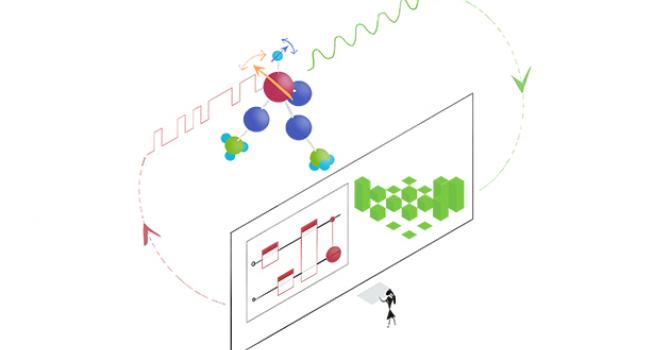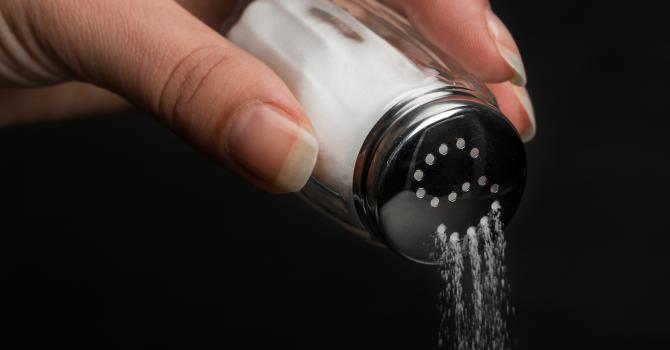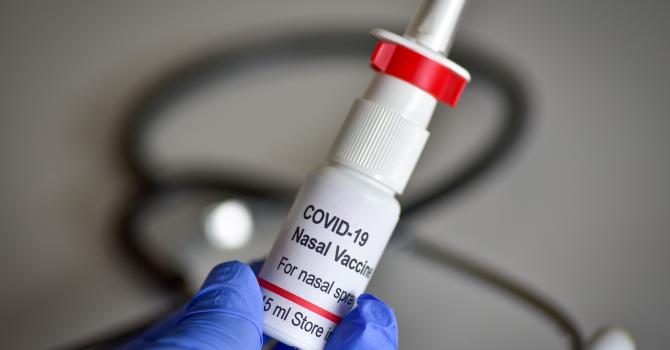Mercy Release: Fortune or Misfortune?
Does mercy release bring fortune or misfortune to the animals? Dr. Melody Leung, Division of Life Science, explains in her latest article that an animal release could be an act of cruelty.
By Melody Leung, Lecturer, Division of Life Science, HKUST
I do not have any personal experience of mercy release, although I know of the practice from my elders and friends. Many people do it as a good deed and to accumulate merit, while some do it out of curiosity. In recent years, reports on mercy release have attracted widespread attention, such as when nearly 300 freshwater red-eared terrapins were released into the sea. A large swarm of locusts appearing in the town of Ma On Shan was also believed to have been released by people. Seven boxes of frogs were also released into rivers with poor water quality. Most of the released animals died. Ecological disasters caused by this practice are also reported from time to time. In response, the Agriculture, Fisheries and Conservation Department (AFCD) has produced short films and distributed pamphlets to remind the public to practice “intelligent and environmental release” of animals.
Mencius (Mengzi) said: “Having seen animals alive, a person of noble character cannot bear to see them die.” Although those who release animals generally have a sense of morality and kindness, doing so out of indiscriminate compassion and recklessness can prove to be counterproductive. What then should one do instead of performing mercy release if one wishes to save lives? Perhaps we should start by thinking about the source of the problem: why were those animals trapped in the first place such that they needed rescuing?
Some animals could have been accidentally trapped due to natural disasters or other reasons. Since human beings are compassionate by nature, our instinctive reaction is to give a helping hand and free them. This is a form of mercy release.
Some animals are food. It is human nature to consume meat, although being a vegetarian is an option. Our modern lifestyle places us far away from our food sources. In the supermarkets and restaurants, there is a wide variety of easily accessible food to choose from. These places tend to have an oversupply of food to satisfy our demand for convenience and choice. All unsold and unconsumed food is discarded, which is a waste of lives. Therefore, we must exercise our full rights as consumers by carefully selecting our food suppliers while boycotting those restaurants that waste food. If we can prevent the waste of every single food item, do not buy or order food excessively, that is also a form of mercy release.
Some animals are harmed and killed purely to satisfy the selfish desires of humans. This is the worst scenario. No animal should die for the entertainment of humans. That is why I have always been strongly against trophy hunting and sport fishing. I similarly object to the large-scale, demonstrative acts of mercy release. Many business opportunities have arisen from this practice, prompting merchants to gather and breed on a large scale those species that are favored by people for release. Casualties are inevitable during the transportation process, and the animals’ survivability after being released into the wild is also doubtful. If the main premise is to cherish life, choosing not to release animals may be a positive and more effective cycle. When animals are no longer being released on a large scale, merchants will lose the incentive to capture and breed those animals. If one releases animals purely for the sake of the act, one is only helping merchants trading in those animals to rake in profits.
In addition, virtuous practices can be realized in other ways such as reducing pollution, making the planet more conducive for the survival of flora and fauna, and paving the way for all beings to have better lives. An example is the endangered species of Green Turtles. Sham Wan of Lamma Island is an important nesting site of these turtles. However, female turtles are often deterred by marine debris, which is ever present despite regular clearance efforts. Some turtles have also fallen ill or even died from accidentally swallowing garbage. Thus, you are encouraged to reduce the generation of garbage and usage of disposable products, handle wastes properly and recycle as much as possible, so that the Green Turtles clan can continue.
If there is really a desire to release animals, perhaps one can consider working with conservation groups, and funding endangered species research and breeding programs. Animals should be released to the wild at the right season, in the right places and by the right people. A good example is the Juvenile Horseshoe Crab Rearing Program, which allows middle school students to experience parenthood by taking care of baby crabs. Upon maturity, the horseshoe crabs are released into the wild according to the distribution of their respective communities. Another viable option is to participate in afforestation, whereby saplings of native species of ecological values are planted in damaged areas. Affected animals can therefore return and rebuild their homes.
 |





